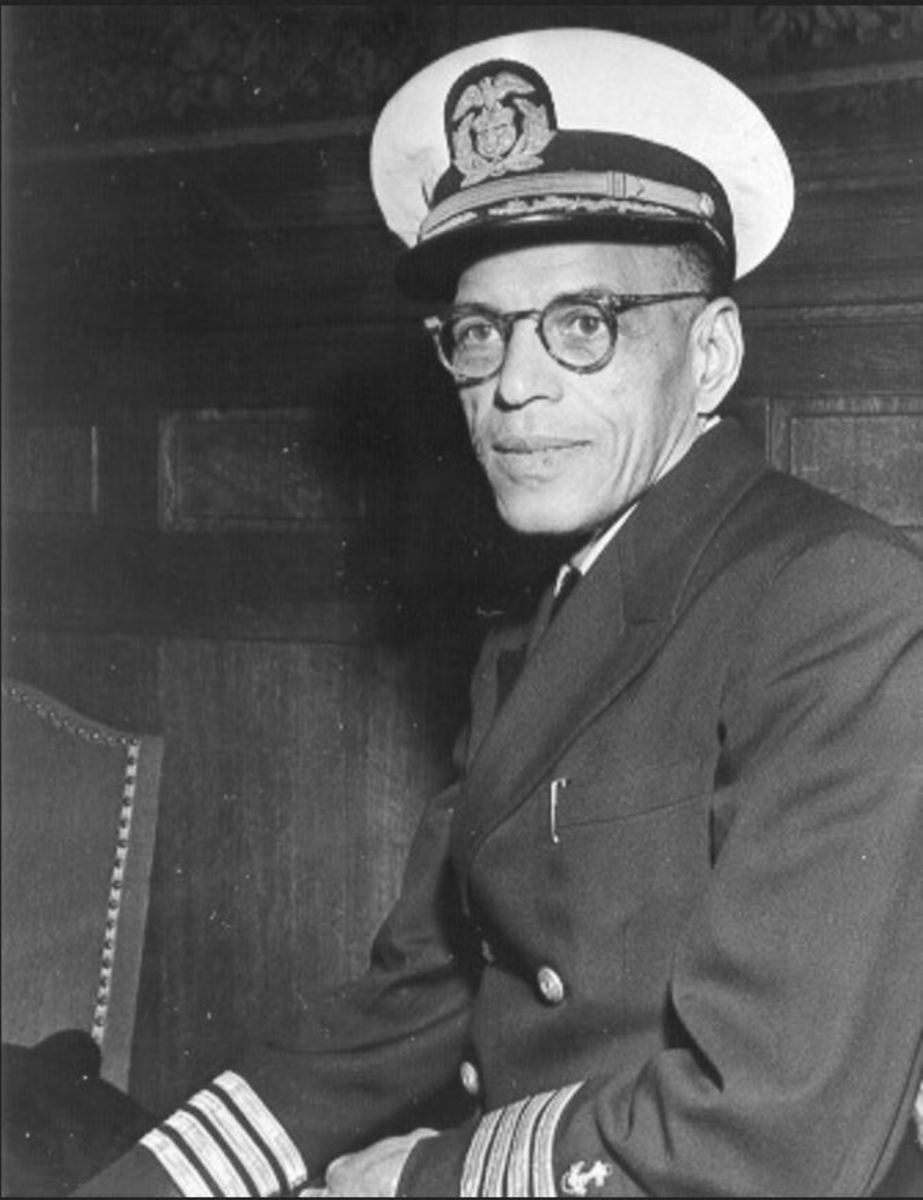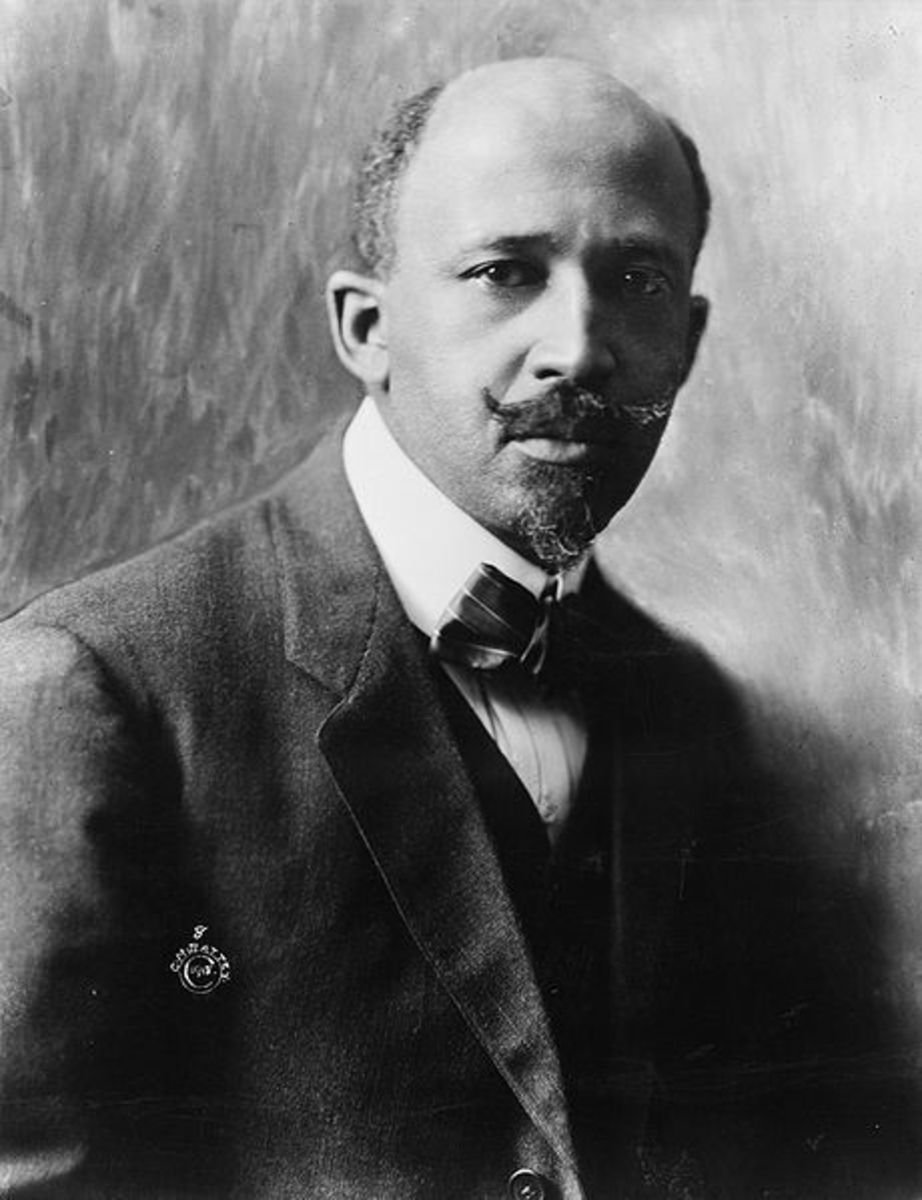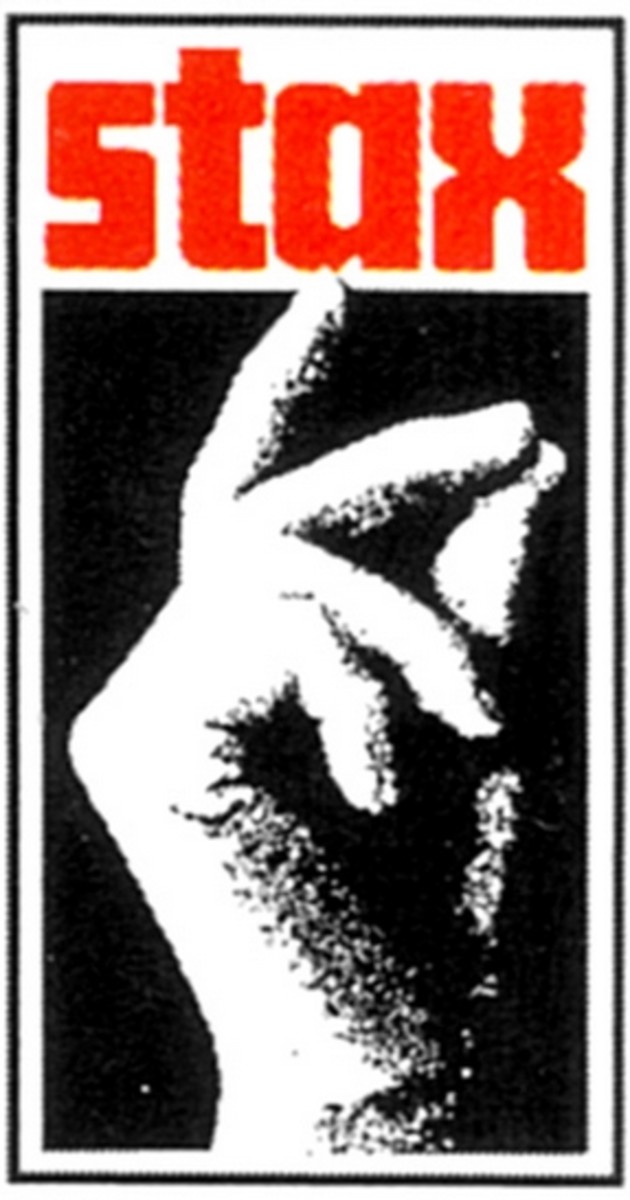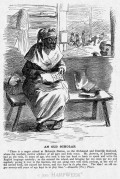- HubPages»
- Education and Science»
- History & Archaeology»
- History of the Americas
Booker T. Washington and W.E.B. Du Bois
Deep Thinkers
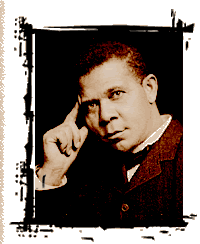
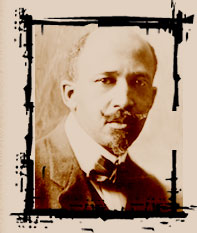
A Perspective on Washington and Du Bois
Booker T. Washington and W.E.B Du Bois were both prominent and respected intellectuals in the Black community. Both individuals were a part of the same movement to advance Black Americans’ positions in the United States; however, there philosophies on how to obtain Black advancement in the United States differed greatly. Booker T. Washington was an innovator and leader in the field of education as apparent in his founding of Tuskegee Normal School, now Tuskegee University; with such innovative actions in furtherance of education in the Black community, he held a conservative stance on the position that Blacks should seek in a community of Southern Whites. He believed that Blacks’ should gradually accept what Southern Whites were willing to cede to in regards to the Black community, and he was of the opinion that Blacks did not need to press issues of suffrage, economics, and education because eventually Southern Whites would be willing to offer positions to Blacks in such areas that would lift up the Negro race. Du Bois had the opposite viewpoint, he saw that Southern Whites had the chance to offer Blacks equality in areas of suffrage, economics, and education; however, the result of waiting for the offer of equality was legislation that promoted inequality.
Washington’s argument seemed to encompass the belief that one should follow his prescribed mode of the enhancement of the Negro race based on the evidence of individual advancement that currently existed in America. This was an apparent belief that concurs with the perspective of some members of the Black community even to date. For instance, this belief was uttered in circles of Black intellectuals after Barack Obama was voted president of the United States; their flawed argument was that America had a Black president, so racism no longer existed. In Womanhood a Vital Element, Anna Julia Cooper stated that “We often mistake individuals’ honor for race development and so are ready to substitute pretty accomplishments for sound sense and earnest purpose” (Cooper 643). Cooper brought enlightenment to the fact that the Black community and often members of the wider society view individual advancement as advancement of the Black race as a whole. This has led to the belief in some circles that “we have arrived” and that fighting for civil rights is no longer a necessity in America. The “we have arrived” perception is dangerous to the advancement of the Black community as a whole because it often leads to the abandonment of those who have not fared as well as certain recognized individuals.
The “we have arrived” declaration was also recognized as dangerous in Ida B. Wells’ illustration of the excuses that Southern Whites offered to Northerners for lynchings of Blacks in the South. Of course, Wells’ assertions did not involve the behavior of particular members of the Black race shunning those who were lynched as being deserving of the lynchings: however, her observations did entail the potential of Northern citizens to believe that such lynchings were justified given the excuses that Southern Whites offered for the atrocities. Furthermore, she attempted to avert such assertions that Northerners may have had in accepting that there were laws that had been enacted to spark protection and equality for the Black community. Observe the following quote: “The southern white man would not consider that the Negro had any right which a white man was bound to respect, and the idea of a republican form of government in the southern states grew into general contempt” (Wells 678). With this statement, Wells was attempting to bring awareness to the fact that it did not matter to Southern Whites what kind of laws the government attempted to enact because they had no intention of abiding by them. Her statement coincided with Du Bois’ views regarding the state of the Negro in the South and shunned Washington’s assertion that the Southern Whites would eventually enact legislation that would insure equal rights for Blacks as time passed once the the idea had a chance to reign in their hearts.
Booker T. Washington’s viewpoint that once the idea of equality had a chance to reign in the hearts of Southern Whites they would begin to adopt legislation leading to political, economic, and educational equality for Blacks was evident in his book Up From Slavery. The following quote qualified his belief: “Say what you will, there is something in human nature which cannot blot out, which makes one man, in the end, recognize and reward merit in another, regardless of colour or race” (Washington 601). Although noble in regard to his confidence in his fellow man, this perspective was proved to be naïve with the elevation of the dire need for civil rights’ movements in America both at the time and in the following years.
W.E.B. Du Bois demonstrated the dire need for civil rights’ movements in his text The Souls of Black Folk while systematically disproving Washington’s noble perspective. He asserted that the Black community needed leadership of its own, for “what can be more instructive than the leadership of a group within a group?” (Du Bois 701). He further ascertained that Washington’s perspective called for the Black community to submit to the White race, a view that proved virtually impossible with the new enlightenment that befell the Black community after emancipation. Du Bois pointed out that Washington called for the Black community to forego higher education, political power, and civil rights in order to allow the White man to adjust to the idea. He also pointed out what followed for the Black community in adhering to Washington’s plan which included digesting disenfranchisement, taking the stance of inferiority, and accepting minimal funds for higher education, in essence, stepping into the shoes of inferiority as a whole (704). Du Bois called for intellectuals and leaders in the Black community to step up and call for civil rights, appropriate educational attainment, and voting rights. He also mentioned the paradoxical nature of Washington’s view given his founding of Tuskegee Normal school, an HBCU which fostered the education of intellectuals and vocational workers alike.
I have a love for Booker T. Washington in that he founded an institution which instilled a great deal of pride within me during my stay. I am so proud to have had the “Tuskegee Experience” and to be an alumni of Tuskegee University; however, this love does not overshadow my philosophical dissention to his point of view. I think that Washington was naïve in thinking that the heritage of the Southern states’ relationship with the Black community would not follow for generations to come. Action was needed then to move this nation forward in many respects, and action is still needed to continue the advancement of all American people.
Cooper, Anna, J. “Womanhood a Vital Element in Regeneration and Progress of a Race.” The
Norton Anthology of African American Literature. Second Ed. Gates, Henry Louis, et al.
New York: W.W. Norton and Company, 2004. 636-650. Print.
Du Bois, W.E.B. “The Souls of Black Folk.” The Norton Anthology of African American
Literature. Second Ed. Gates, Henry Louis, et al. New York: W.W. Norton and
Company, 2004. 570-594. Print.
Washington, Booker, T. “Up From Slavery.” The Norton Anthology of African American
Literature. Second Ed. Gates, Henry Louis, et al. New York: W.W. Norton and
Company, 2004. 570-594. Print.
Wells, Ida, B. “A Red Record.” The Norton Anthology of African American Literature. Second
Ed. Gates, Henry Louis, et al. New York: W.W. Norton and Company, 2004. 676-682.
Print.

